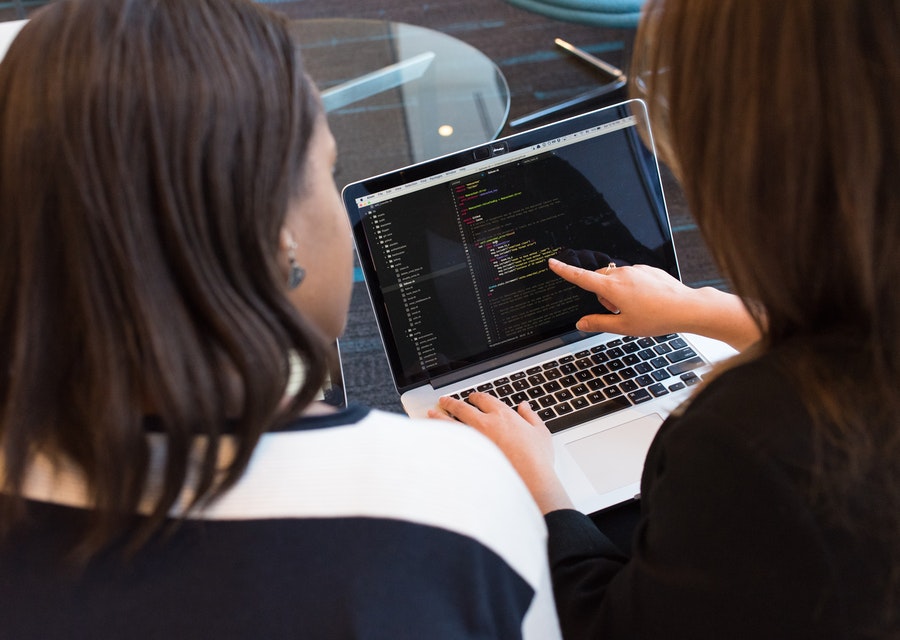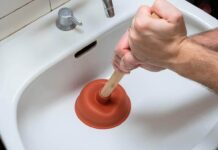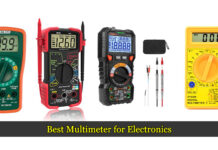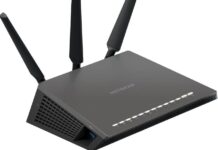ERP software is crucial for the improvement and growth of the manufacturing company. The system centralizes data that eliminates the need to use multiple software systems for different business processes.
To pick the right ERP software for your business, you need to ensure it has all the essential features. To make things easy for you, here are the features to check when selecting an ERP system.

Cloud-Based Deployment
Standalone or on-premise ERP software are things of the past. This software needs heavy investment in IT infrastructure. Cloud-based ERP is the best solution for manufacturing businesses. Since the ERP system is hosted in the cloud, the client need not build any compatible infrastructure. The ERP system can be accessed through an Internet browser or mobile app.
With products offered by the companies like Comactivity, you’ll get cloud-based ERP software that allows businesses to respond to the changing market rapidly. The system is scalable as per business needs to keep the costs low while achieving high efficiency. Some of the advantages of cloud deployment are
- Fast implementation
- Low cost of ownership
- Social collaboration
Manufacturing Industry Specific Features
Product Configuration
It refers to the customization of the product to meet the customer’s needs. The product configuration tools in the ERP system allow sales reps and customers to configure products by themselves. The ERP system should have a product configuration model with different subcomponent relationships. The system should allow the reuse of components for various product configurations.
Reverse Bill of Materials
Most manufacturing companies have multiple levels of bill of materials(BOM). The BOM mentions the components needed for assembly and sub-assembly. The reverse bill of materials is an important feature where companies can take a product and break it into individual components. Then, the stock maintenance officer can take these components into stocks as separate items.
The reverse bill of materials allows companies to make model materials and makes ways to one or more products from the same components. The Reverse BOM feature allows companies to make optimum use of materials and maintain adequate stocks at all times.
By-Products and Co-Products
Manufacturing companies use one production order to create co-product and by-products. Co-products refer to secondary items that are generated during the manufacturing process. These co-products are sold separately or reused. The by-product refers to unavoidable residues that need to dispose of in the right manner.
The ERP system with a co-product and by-product feature allows you to track the usage of materials and view its costs through a single window in joint manufacturing. This feature also allows companies to calculate actual costs in the order header.
Production Line
The production line is the soul of the manufacturing industry. Manufacturing companies follow different production methods like batch production or one-piece flow manufacturing. Batch production is a traditional manufacturing method where products are moved in batch from one stage of manufacturing to another.
In one-piece flow manufacturing, the system is optimized from setup to the product’s final stage. In this production model, the products are arranged so they can flow through each process one at a time.
According to experts like Comactivity, the features mentioned above are significantly related to manufacturing. The availability of these features will help you control, observe, and collect data for all processes, which can identify bottlenecks and optimize the processes.
Supply Chain Optimization
The supply chain is a crucial component of the manufacturing industry. The ERP system should optimize supply chains to ensure adequate raw materials are always available. The system should have the capabilities to place a new order for materials and select suppliers by comparing different attributes. In simple words, the ERP software should automate the supply chain process so that managers can focus on critical business processes.
To sum up, these are some of the essential features you need to look for when selecting ERP for a manufacturing company.





































